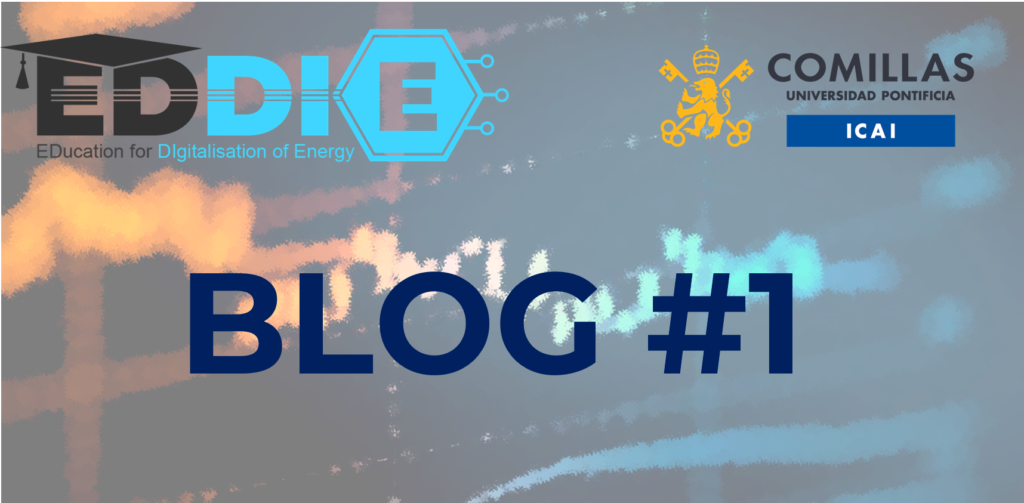Blogs
This page shows articles written by partners on topics related to Education for Digitalization of Energy
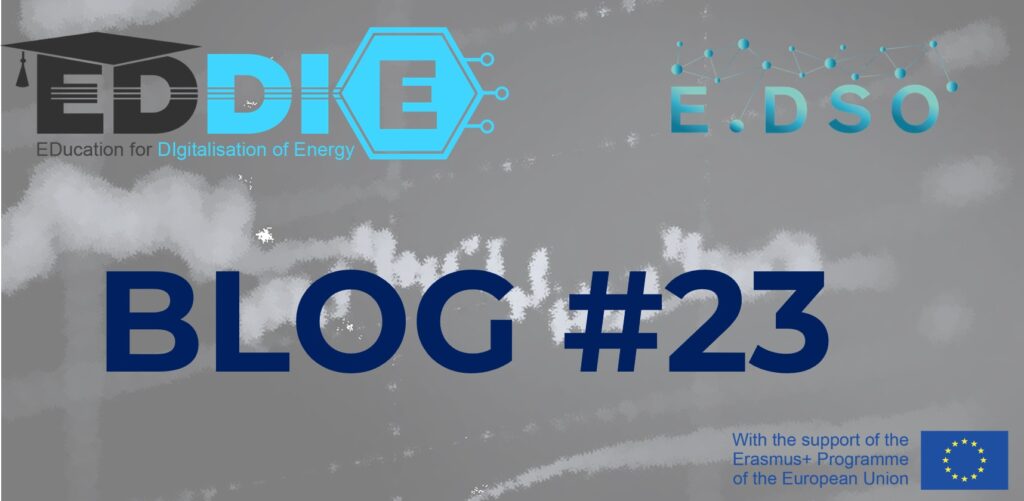
Creative Destruction of Jobs in the Energy Sector – EDDIE Project.
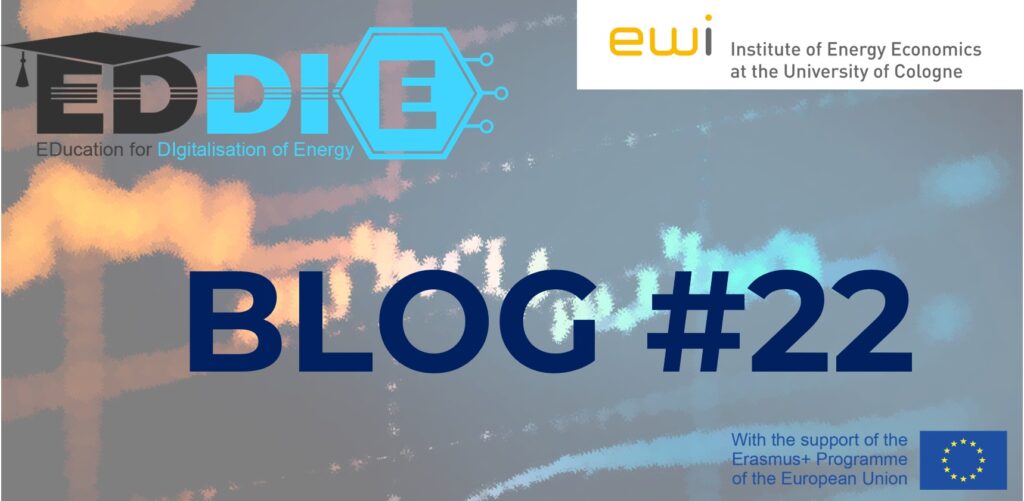
Local electricity markets bring together supply and demand locally
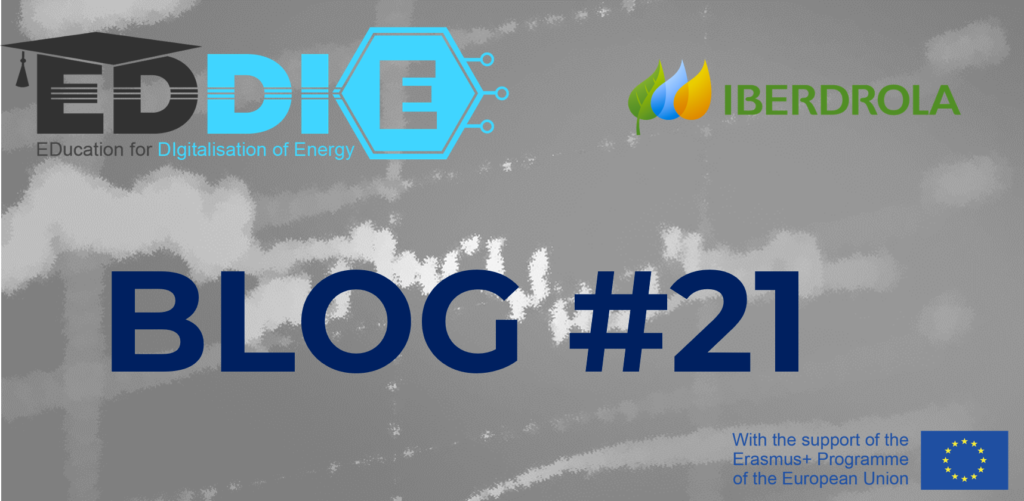
STAR Project: a global benchmark in smart grids deployment
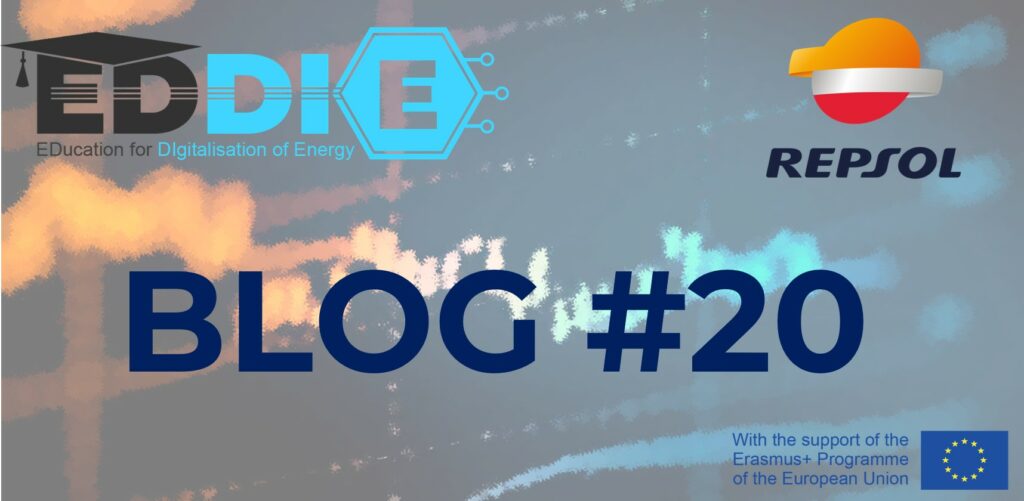
Repsol develops smart energy management system that improves customer efficiency
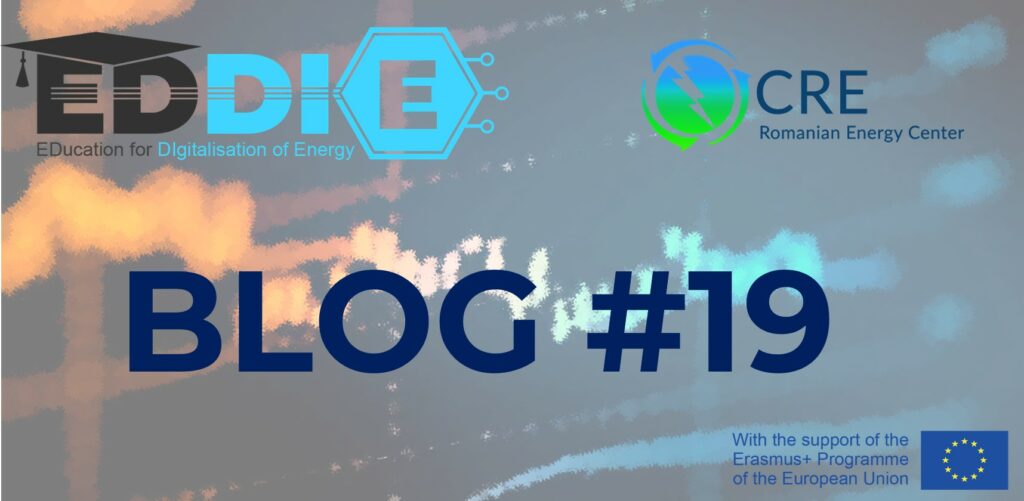
DIGITAL EDUCATION ACTION PLAN 2021-2027 PROPOSED BY EUROPEAN COMMISSION
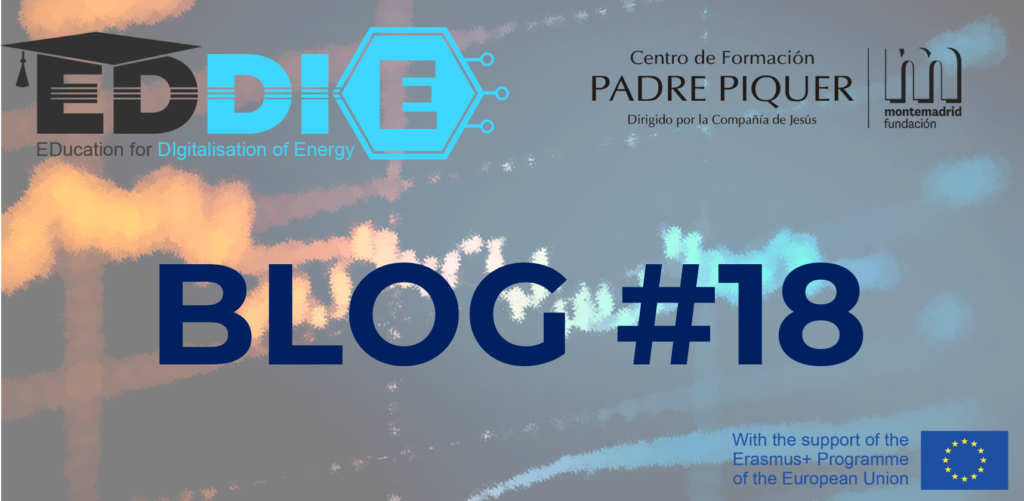
Digitalization of education and the fight against the social crisis generated by COVID-19
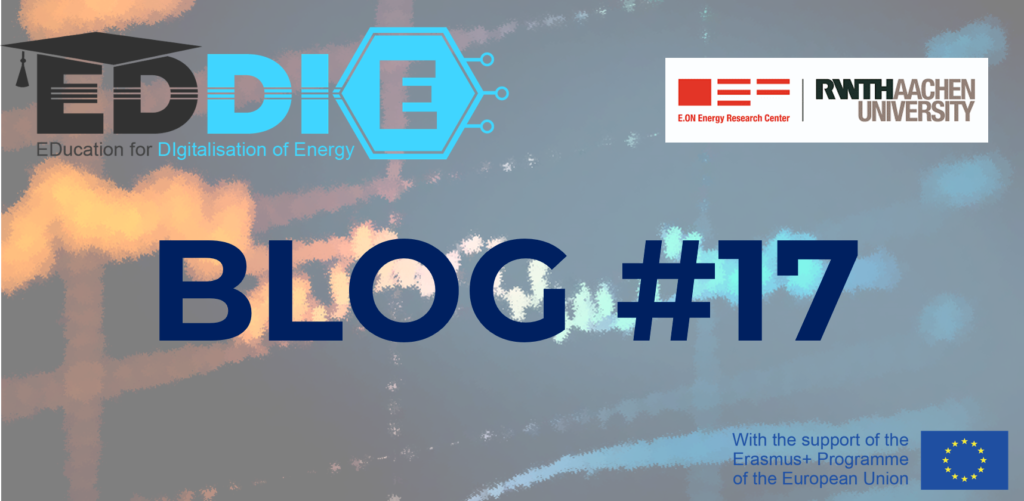
New digital pedagogies on the horizon: SLEW - “SECOND LIFE FOR ENERGIEWENDE”
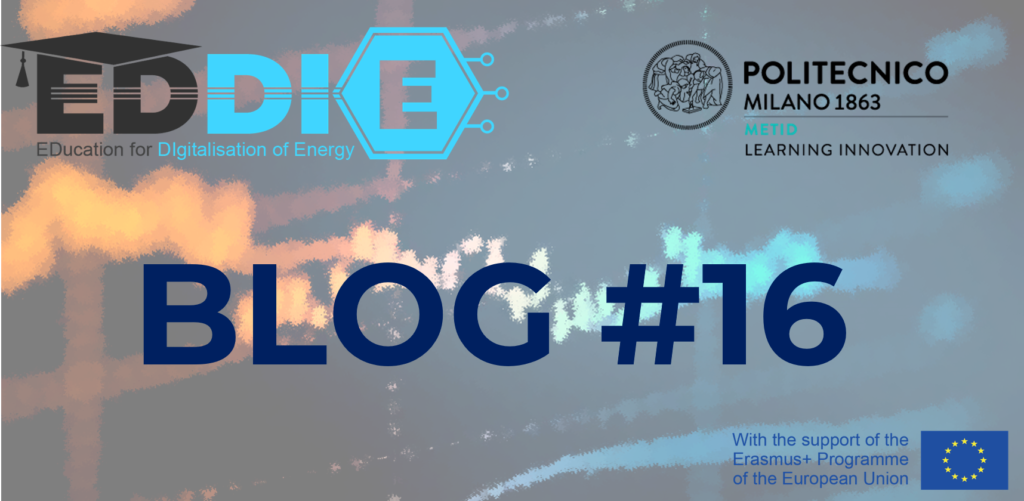
DIGITAL TRANSFORMATION: THE KEY ROLE OF MOOCs
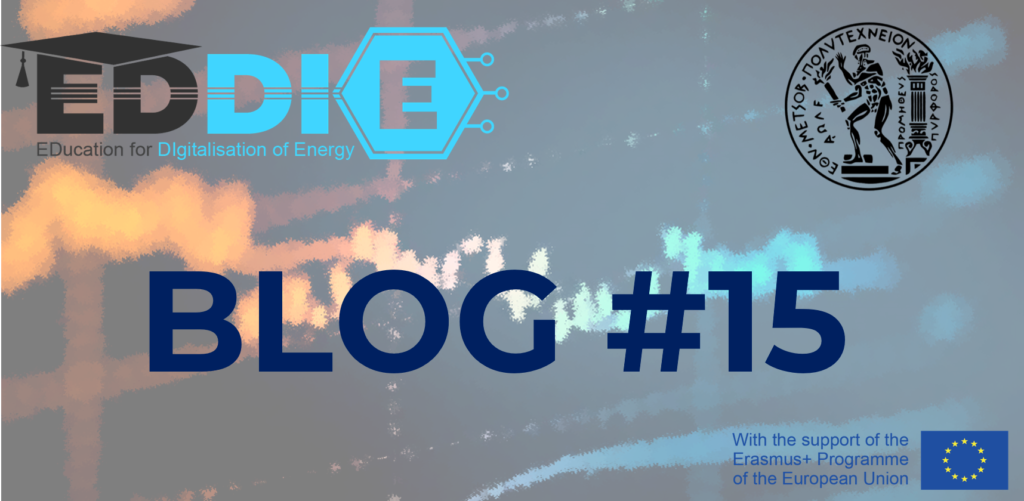
Enabling sustainable Energy Communities
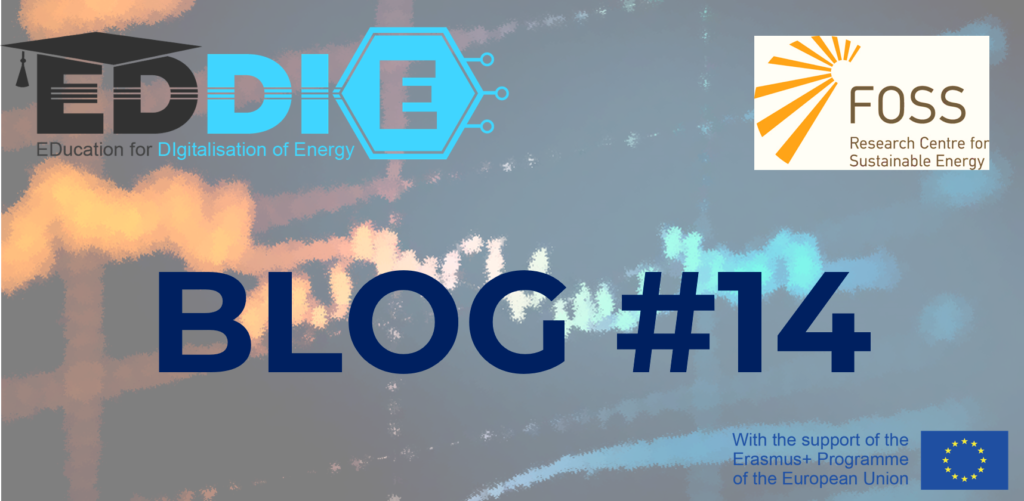
Optimal operation of multi-carrier local energy communities by implementing the energy hub concept
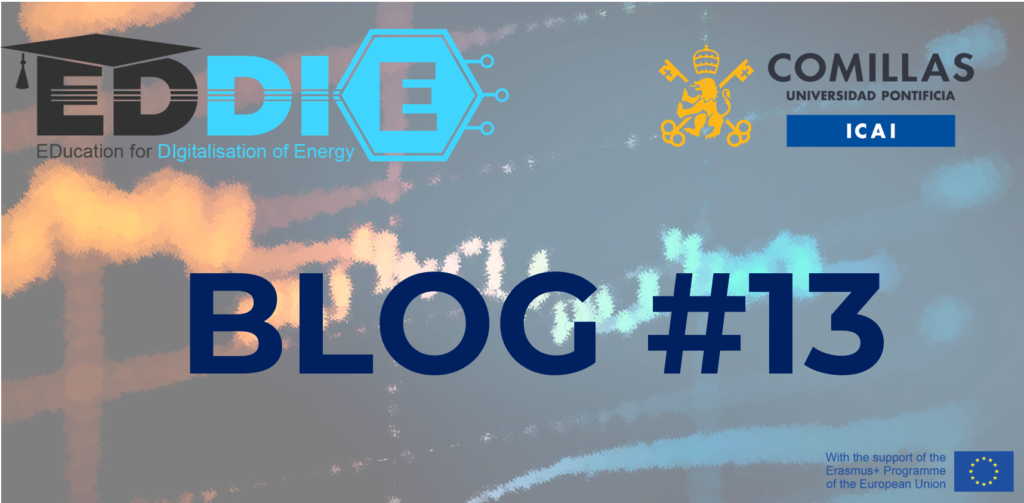
A NEW WAVE OF AUTOMATION
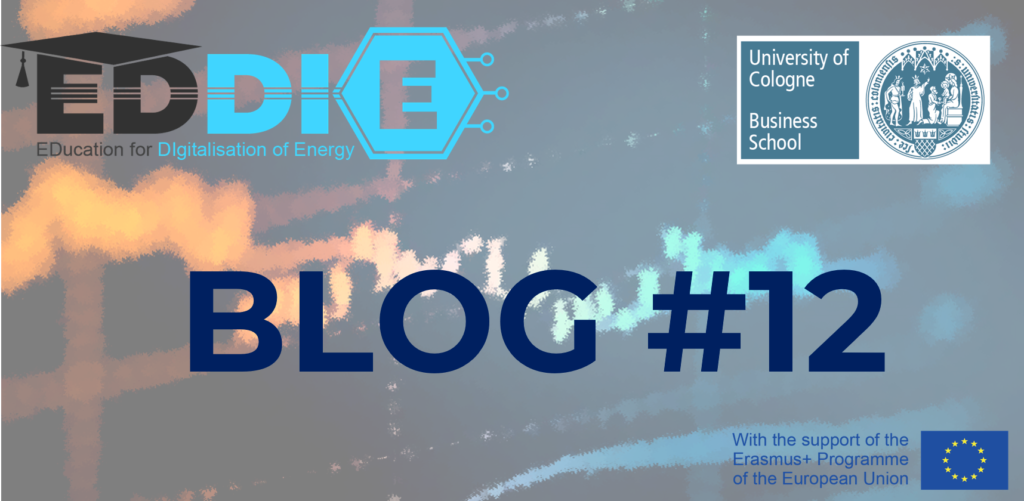
SMART ENERGY - MASTERING THE ENERGY LANDSCAPE OF THE FUTURE
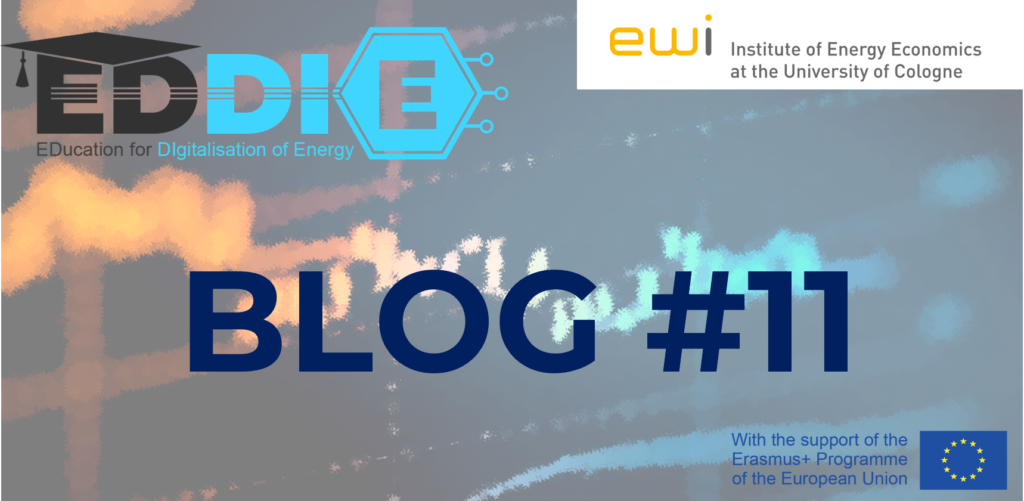
Applied data analysis for driving patterns - Anxiety about Electric Mobility Range often unsubstantiated
The mobility sector and the building sector are two of these sectors with rapidly increasing levels of electrification. A growing number of electric vehicles and heat pumps in distribution grids are the outcome of this development.
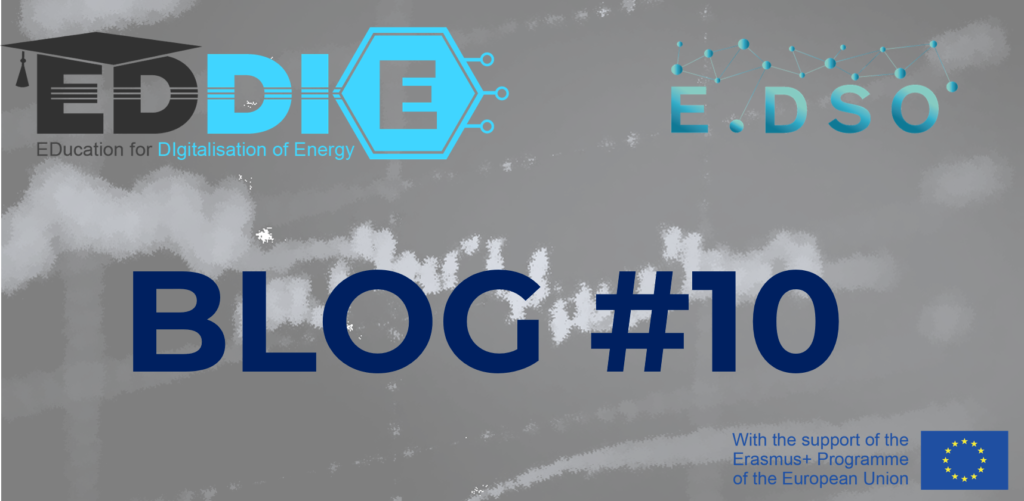
OneNet and WiseGrid projects
The rapid development of renewable power generation has unlocked a change in the one-way street of power generation and consumption which leads to a more and more interconnected energy system.
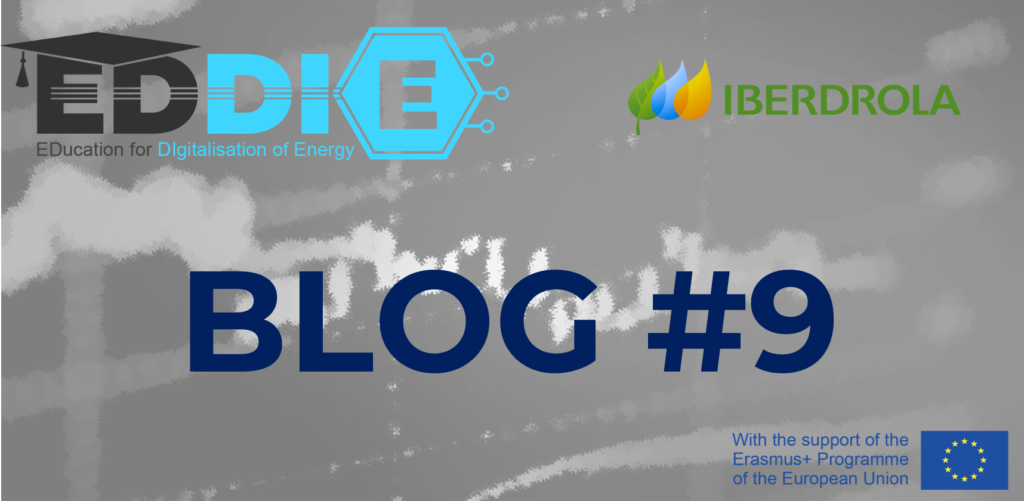
Digitalization Of Renewable Generation
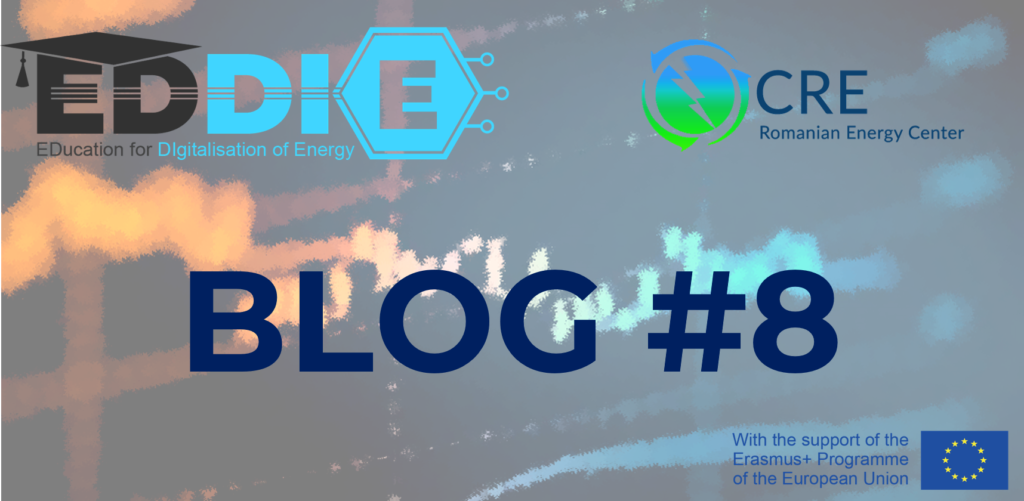
Phasor Measurement Unit for Monitoring Power Systems
The PMUs are seen as the most important achievement in technology for monitoring the power systems.
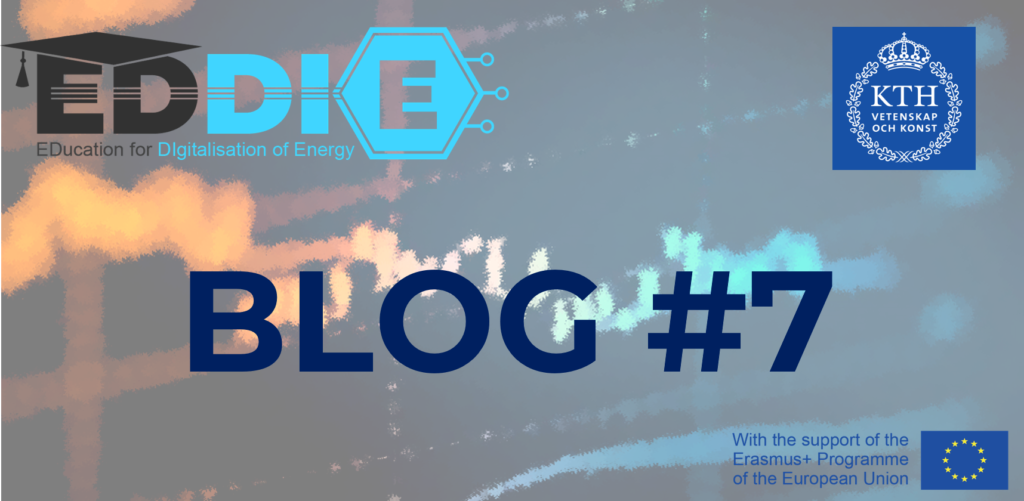
Resilient microgrid platform at KTH
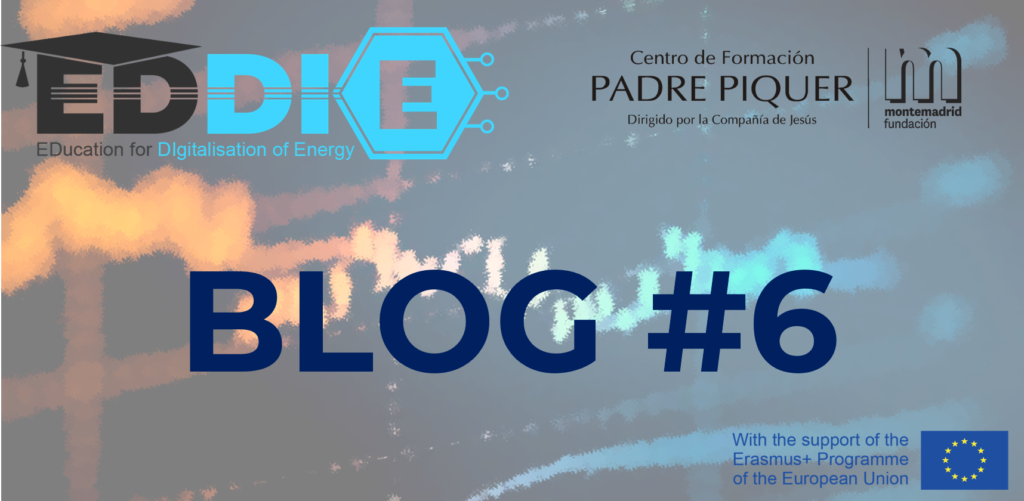
Promoting digital Spaces in VET education
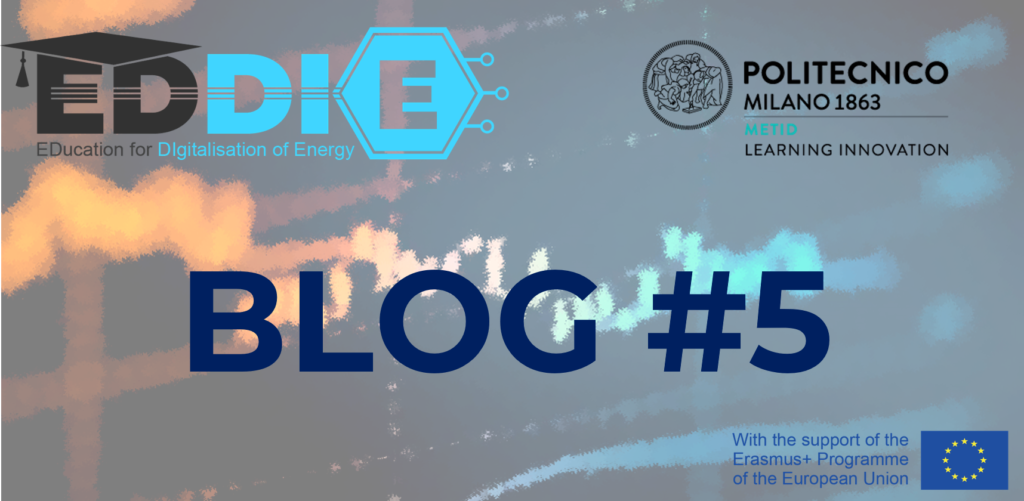
MOOCs and digitalisation of energy
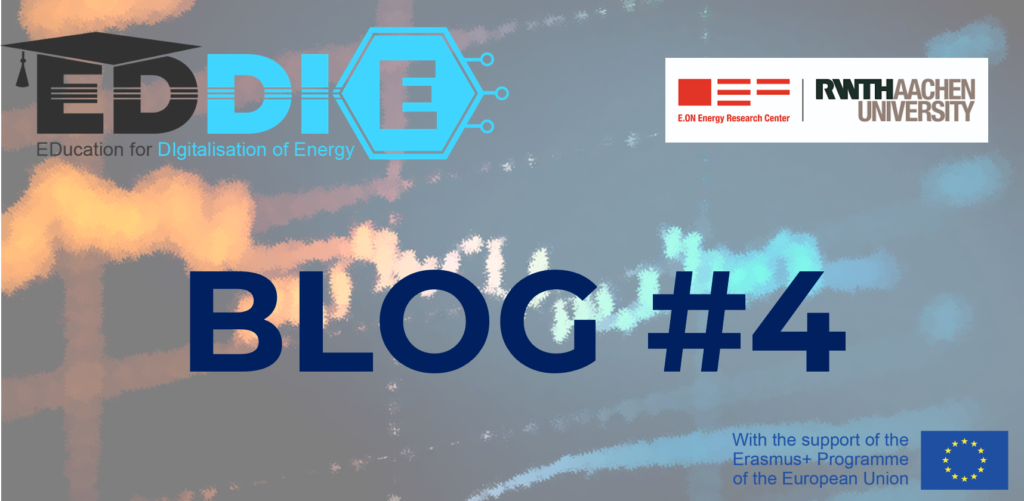
Open Source solutions for Grid Automation
The complexity of today’s and future power systems calls for tools that are suited for data-driven monitoring, control and optimization at a large scale. Power systems need to be reliable, manageable, resilient, safe, predictable, and affordable, and in the management of these systems in the modern era, the role of ICT and digitalization are increasingly important.
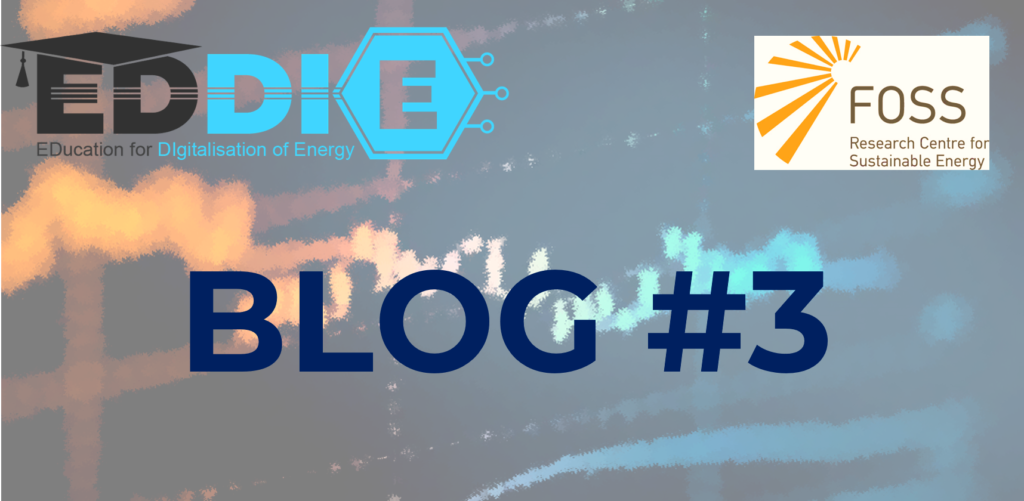
Distribution Energy Management System for the microgrid of FOSS/University of Cyprus
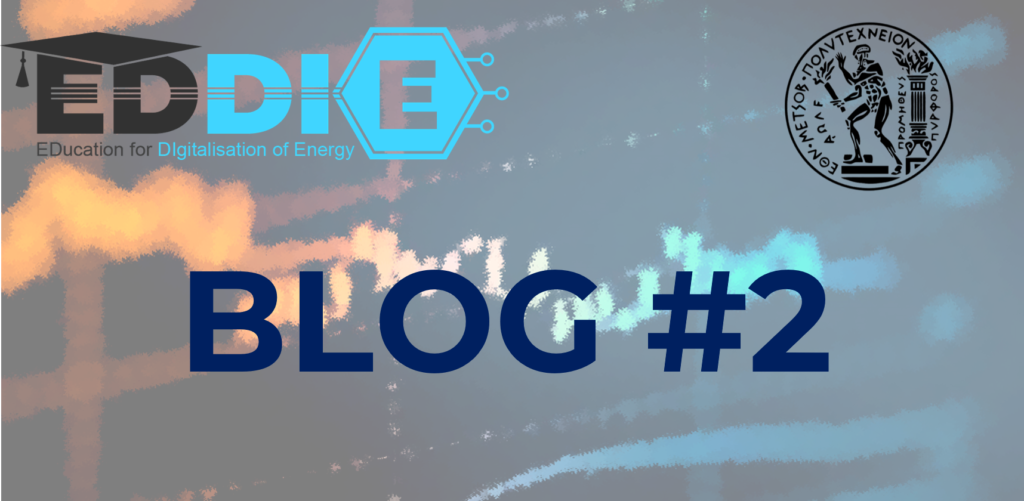
Real-time simulation for realistic testing of smart grid solutions
